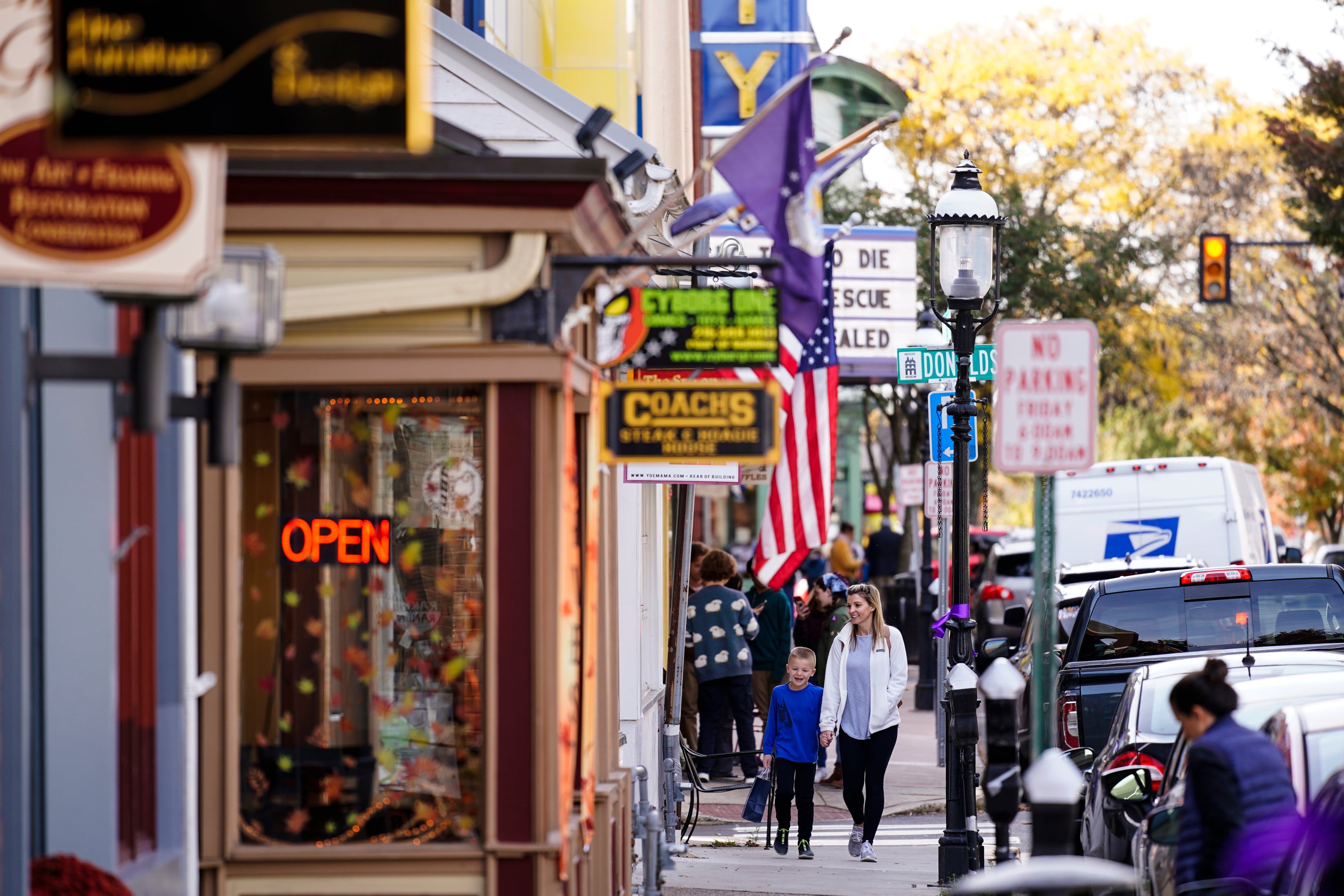WASHINGTON (AP) — Americans’ outlook on the economy improved modestly in November, lifted by expectations for lower inflation and more hiring.
The Conference Board, a business research group, said Tuesday that its consumer confidence index ticked up to 111.7 from 109.6 in October. The small increase followed a big gain in October.
Rising consumer confidence suggests Americans may spend more in the coming months, which would help boost economic growth. Yet Americans have been spending at a healthy clip for much of the past two years even as confidence measures have been low, a sign that sentiment surveys may not be as useful a guide to the economy's direction as they were in the past.
The uptick comes after President-elect Donald Trump's victory in the presidential election. The Conference Board doesn't break out its responses by party, but another measure of consumer sentiment by the University of Michigan showed that optimism about the economy jumped among Republicans after the election.
In the Conference Board's report, the proportion of Americans who anticipate a recession in the next 12 months fell to the lowest level since the group first began asking the question in July 2022. And consumers' optimism about future hiring rose to its highest level in nearly three years.
The survey found that Americans' expectations for future inflation fell to its lowest level since March 2020, nearly a year before consumer prices began rising quickly. When asked about their hopes for 2025, “consumers overwhelmingly selected higher prices as their top concern and lower prices as their top wish for the new year,” the Conference Board said.
The report comes just hours after President-elect Donald Trump said he would impose stiff 25% tariffs on all imports from Canada and Mexico, and an additional 10% on imports from China. Economists and some retailers warn that such duties, if enacted, would be inflationary.
“Households for now seem to have their heads in the sand about the potential uplifts to consumer prices from tariffs and deportations, or they think Trump wasn’t serious about his intentions during the campaign,” Samuel Tombs, chief U.S. economist at Pantheon Macroeconomics, wrote in a client note.









